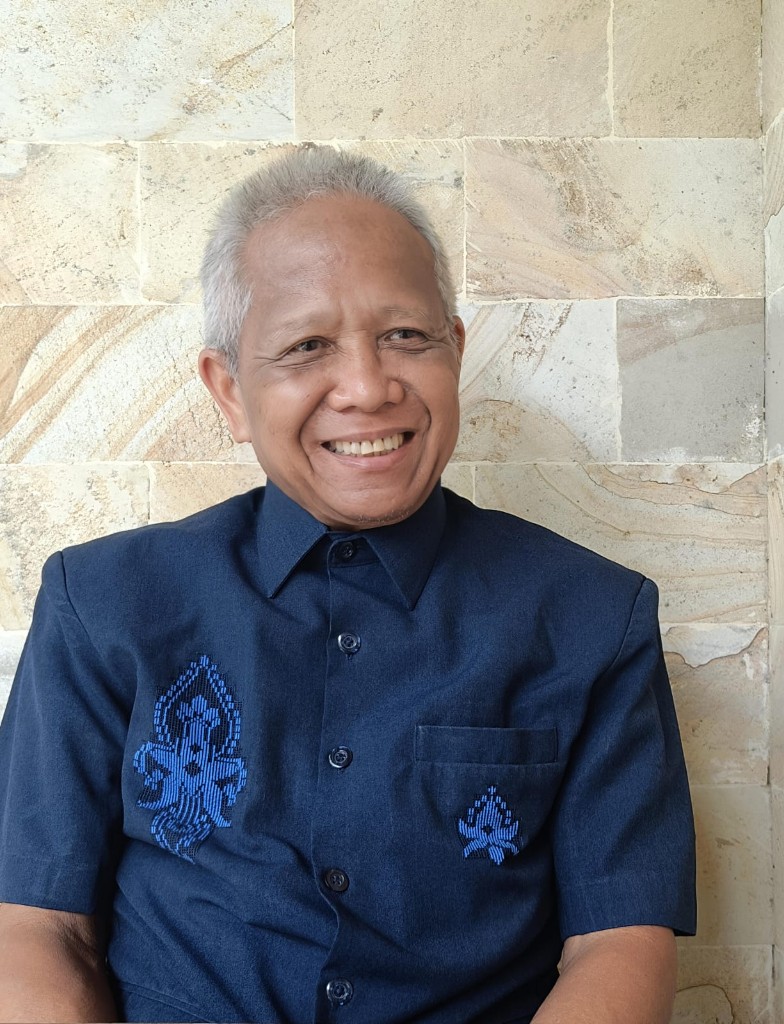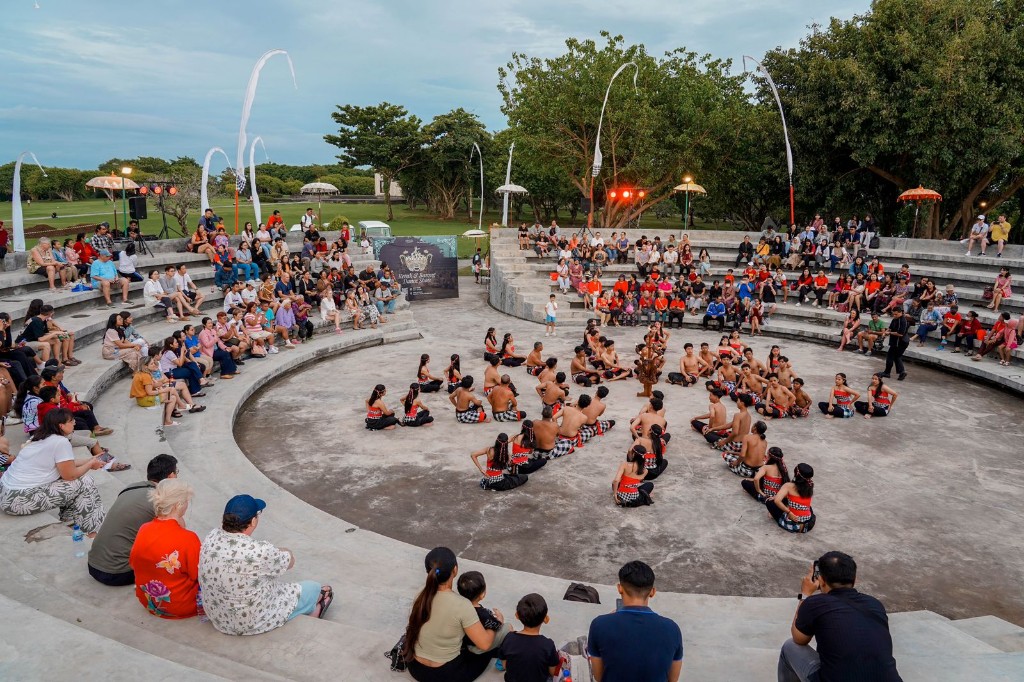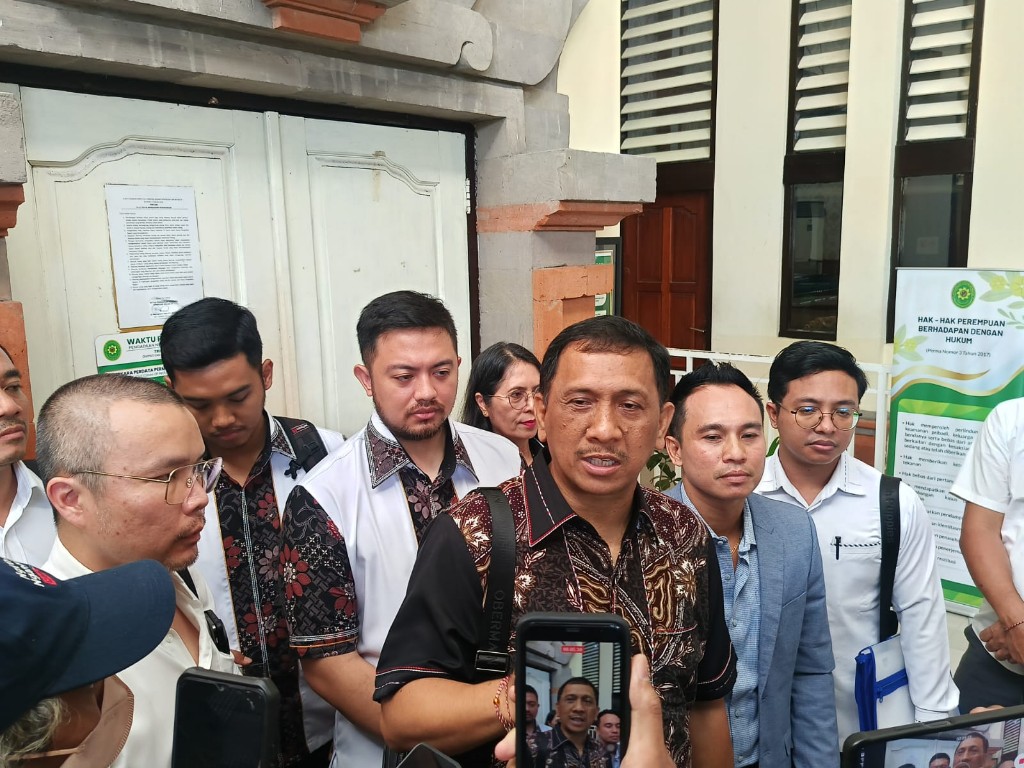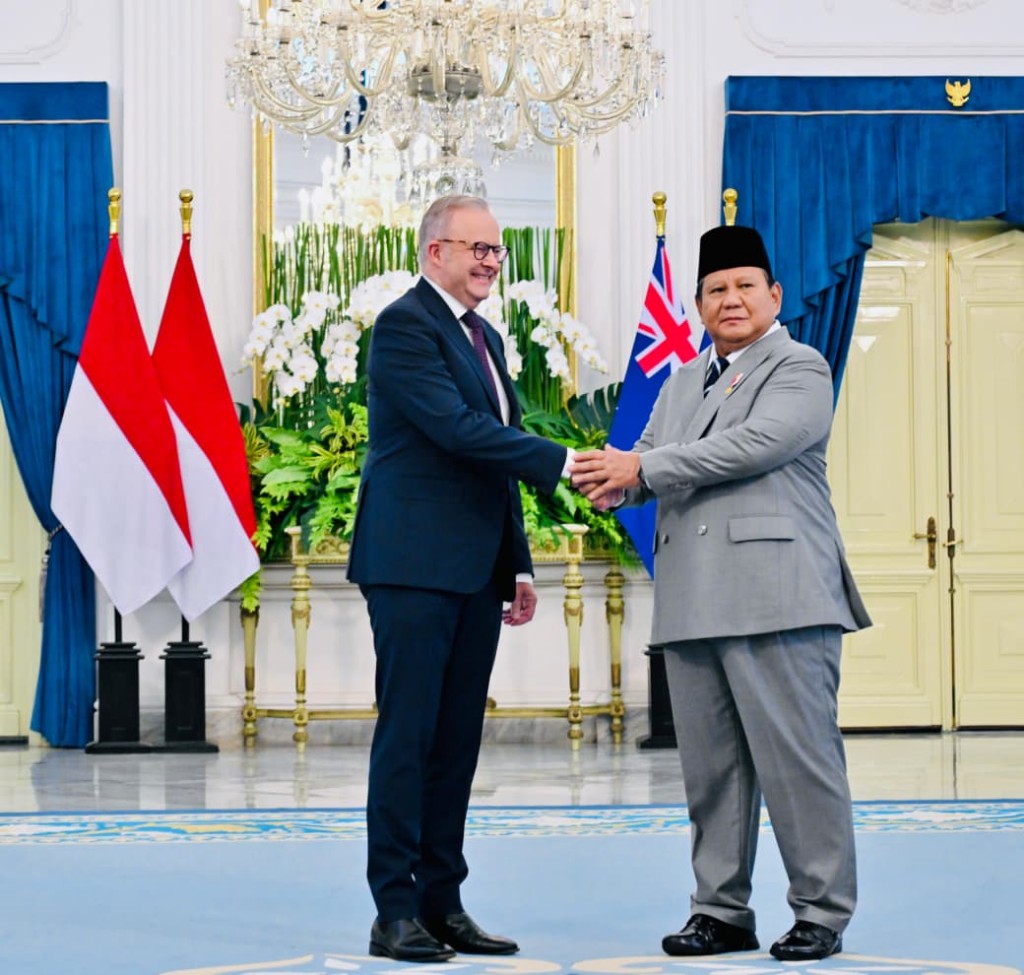Bali Potential to Develop Medical Tourism
Artaya - atnews
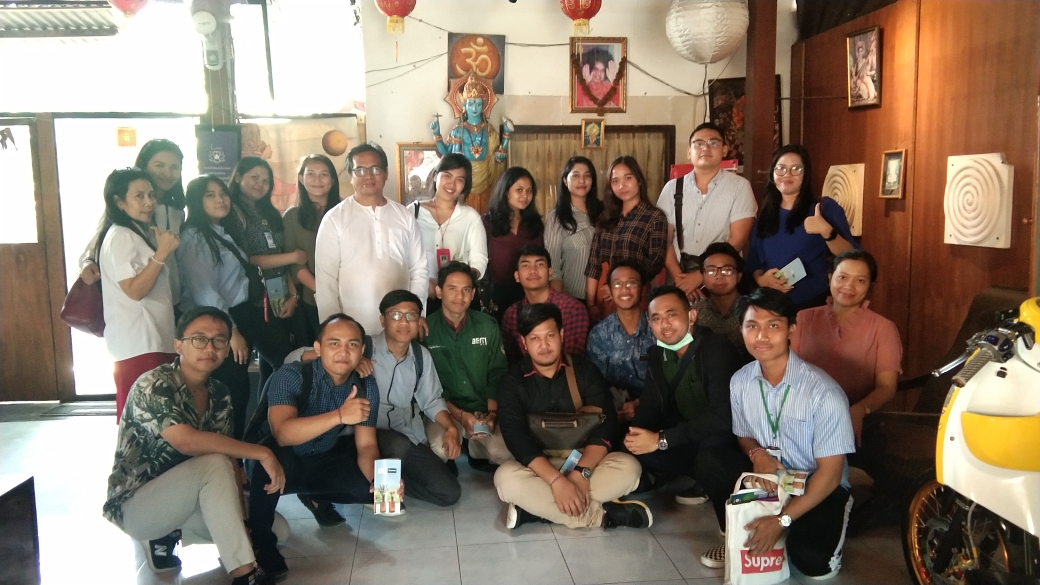
Denpasar, 6/18 (Atnews) - Guest Lecturer of Ayurvedic Practitioner, Dr. Made Sagiananda My.t, PhD., said the development of a holistic medical tourism of Bali is very potential because Bali has traditional treatments known as Usadha, Ayurveda and the availability of herbs. “This treatment has been tested and applied for thousands of years,” said Sagiananda in Denpasar, on Tuesday (Jun. 18).
This was conveyed when practicing yoga and meditation for students of the Faculty of Medicine and Health Sciences (FKIK), Warmadewa University (Unwar) in the subject of “Elective Study: Medical Tourism” at Griya Sehat Bali Siddha Ayurveda.
On that occasion, he was accompanied by Dr. Indah (Parasitology), Dr. Masyeni (Internal Medicine), Erly (Physiology) and Dr. Suka Anatomy (Biochemistry).
According to him, the opportunity is inseparable from the attractiveness of Bali having been already known to the world as a tourist destination. Most tourists visit the country deliberately looking for a holistic place for yoga and healing. “Most of our patients are tourists from various countries, whereas the Griya Sehat is opened to be introduced to local people,” he said.
Even, traditional health services have been recognized from time immemorial and used by the community in an effort to do preventive, promotive, curative and rehabilitative measures.
Until now, traditional health services continue to develop in accordance with technological advancements accompanied by increased utilization by the community as an impact of the enthusiasm to return to use natural things or better known as going "back to nature".
In the international world, the development of traditional health services has also received attention from various countries. Results of the agreement at the WHO Congress on Traditional Medicine in Beijing in November 2008 stated that safe and useful traditional health services could be integrated into the health service system.
From the WHA meeting in 2009, it was stated in one of its resolutions that WHO encouraged its member countries to develop Traditional Health Services in their countries in accordance with local conditions.
Besides, he hoped that graduates of Faculty of Medicine and Health Sciences, Warmadewa University would continue the Ayurveda. Such expertise will be an advantage when compared to graduates in general. The opportunity will become clearer after the Bali provincial government programs the National Health Insurance—Healthy Balinese People (JKN-KBS) to cover the cost of traditional medical services for the community at the public health centers and hospitals.
In the Law of the Republic of Indonesia No. 36/2009 concerning health, there are several articles that regulate traditional health services, namely in articles 1, 48, 59, 60 and 61. In article 1 point 16 is mentioned that “Traditional Health Services are treatment and / or treatment by means and drugs that refer to empirical experience and skills that can be accounted for and applied in accordance with the norms applicable in the community.”
Article 48 also states that traditional health service is one of the implementations of health efforts. In article 59 is stated that traditional health service is divided into 2 types, namely Traditional Health Skills Services and Potion Traditional Health Services.
In this article, it is also stated that all types of Traditional Health Services are fostered and supervised by the government, so the benefits and safety can be accounted for and not contrary to religious norms.
Article 60 and 61 state that people carrying out traditional health services must follow the established rules and the community is given the widest opportunity to develop, improve and use traditional health services whose benefits and safety can be accounted for. (ART/02)
Baca Artikel Menarik Lainnya : Wagub Cok Ace Apresiasi Prestasi FOKBI Bali


